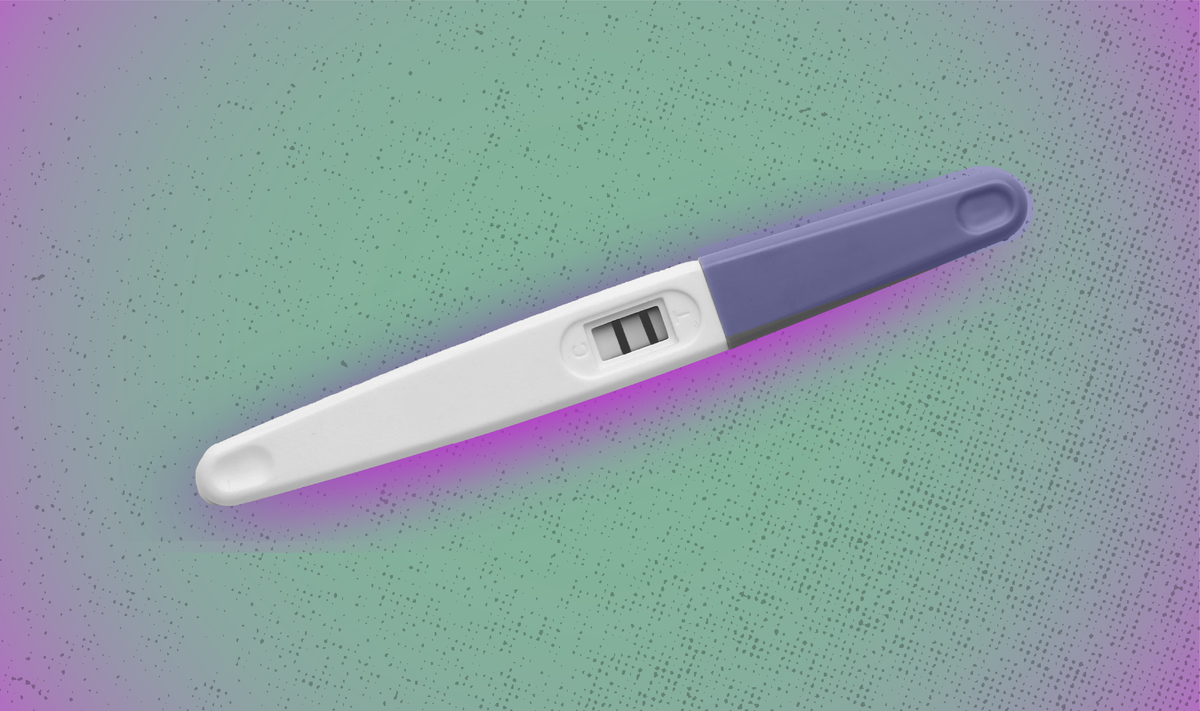Social media users discuss traveling out of state for an abortion
Plus, posts noted potential Planned Parenthood closures and debated pregnancy prevention methods.

Plus, posts noted potential Planned Parenthood closures and debated pregnancy prevention methods.
Last month, Texas police tracked a woman who traveled to another state for an abortion, fueling ongoing conversation about abortion bans. Plus, some social media users lamented the cost of traveling out of state for an abortion. Other online discussions highlighted a bill that could close around 200 Planned Parenthood health centers and debated whether the “pull out method” effectively prevents pregnancy.
In light of these discussions, communicators may share information about abortion funds, direct people to local and virtual reproductive health care resources, and recirculate information about birth control.

Insights brought to you by the reporters and science writers of Public Good News (PGN), a nonprofit newsroom dedicated to improving community health.
What’s trending nationally in conversations about reproductive health:
Last month, articles reported that a Texas sheriff’s office used a nationwide network of license plate readers to track a woman who allegedly traveled to a state where abortion is legal to receive one after her family expressed concern that she could be having bleeding complications. The woman is not facing legal consequences, and it’s unclear which state the woman was in when she took abortion pills. In Texas, abortion is banned, except when the pregnant person’s life or health is at risk. Several Reddit threads from the past week discussed the story, receiving thousands of upvotes. Most commenters criticized the surveillance and expressed concern about the Texas abortion ban. Several noted that many people cannot afford to travel out of state for an abortion.
On May 21, Planned Parenthood released a statement about a bill that could defund Planned Parenthood and cause an estimated 200 health centers to close. Meanwhile, major media outlets reported that more than 250 celebrities signed an ad pledging to support Planned Parenthood. Social media users across platforms discussed the bill, primarily on X, where some posts received hundreds of thousands of views. While abortion opponents celebrated the potential closures, several commenters noted that they rely on Planned Parenthood health centers for breast cancer screenings and other reproductive health services.
On May 30, a Reddit user shared a post that has since been deleted discussing the “pull out method”—removing the penis from the vagina before ejaculation—to prevent pregnancy. The post received approximately 600 comments as of June 3, and commenters debated whether the method is effective, which most expressing doubt that the method could consistently prevent pregnancy.

Recommendations brought to you by the health communication experts behind Infodemiology.com.
Recommendations for public health professionals
Each week, the Infodemiology.com team will provide messaging recommendations in response to some of the trending narratives outlined above. These helpful tips can be used when creating content, updating web and FAQ pages, and developing strategy for messaging about reproductive health.
As articles and social media posts continue discussing the impact of abortion bans, communicators may ensure that all materials outlining abortion laws in their state are up to date. Messaging may emphasize that it is legal to travel out of state for an abortion. People can get help paying for an abortion and associated costs like travel and lodging through the National Network of Abortion Funds. Communicators may also direct people to AbortionFinder.org, which helps people find reputable abortion providers, and Plan C, which offers information about accessing abortion pills in every state.
In response to more potential Planned Parenthood closures, communicators may share information about local health centers that provide reproductive cancer screenings, birth control, STI testing and treatment, prenatal care, emergency contraception, and other forms of reproductive health care. Communicators may also explain that for now, Planned Parenthood still offers telehealth services and Planned Parenthood Direct, which delivers birth control and emergency contraception to patients’ homes with no in-person appointment required.
Conversations about the “pull out method,” sometimes called “withdrawal,” provide an opportunity to explain that other forms of birth control—such as IUDs, birth control pills, and condoms—are more effective and that removing the penis from the vagina before ejaculation works best when used in combination with another form of contraception. Messaging may stress that it’s possible to get pregnant from fluid that is released involuntarily before ejaculation. Additionally, withdrawal does not protect against sexually transmitted infections, but condoms do. Sharing information about the types of birth control and their effectiveness is recommended.
